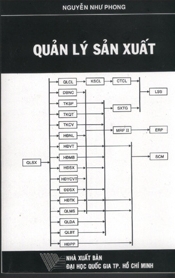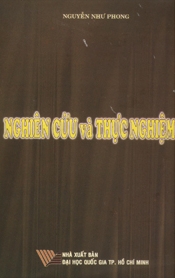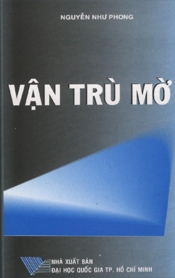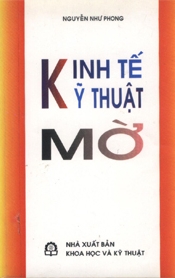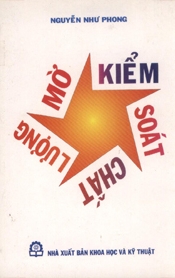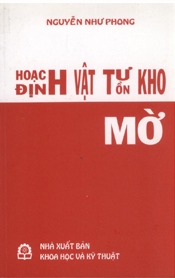
| Implementation of SPC Techniques in Automotive Industry |
|
Implementation of SPC Techniques in Automotive Industry: A Case Study
Dr. D. R. Prajapati
Assistant Professor in the Department of Mechanical Engineering, PEC University of Technology (formerly Punjab Engineering College), Chandigarh-160012 (India).
Địa chỉ email này đã được bảo vệ từ spam bots, bạn cần kích hoạt Javascript để xem nó.
(SQC 17)
Abstract:
In this paper, an attempt has been made to implement the some statistical process control (SPC) techniques in the industry that is offering its customers the widest and latest range of sealing solutions for various applications in the automotive industry.
The power of SPC lies in the ability to examine a process and the sources of variation in that process, using tools that give weightage to objective analysis over subjective opinions and that allow the strength of each source to be determined numerically.
Only two main techniques i.e. cause and effect diagram and control charts are implemented in this industry out of seven SPC techniques.
The present work deals with the study of defects in shocker seals of an automotive industry. It is found that after implementing the SPC tools to remove the root causes, the percentage rejection is reduced from 9.1% to 5% and process capability of 0.953 is achieved.
Keywords—
Cause and effect diagram, control charts, process capability index, casting defects and percentage rejection. |









